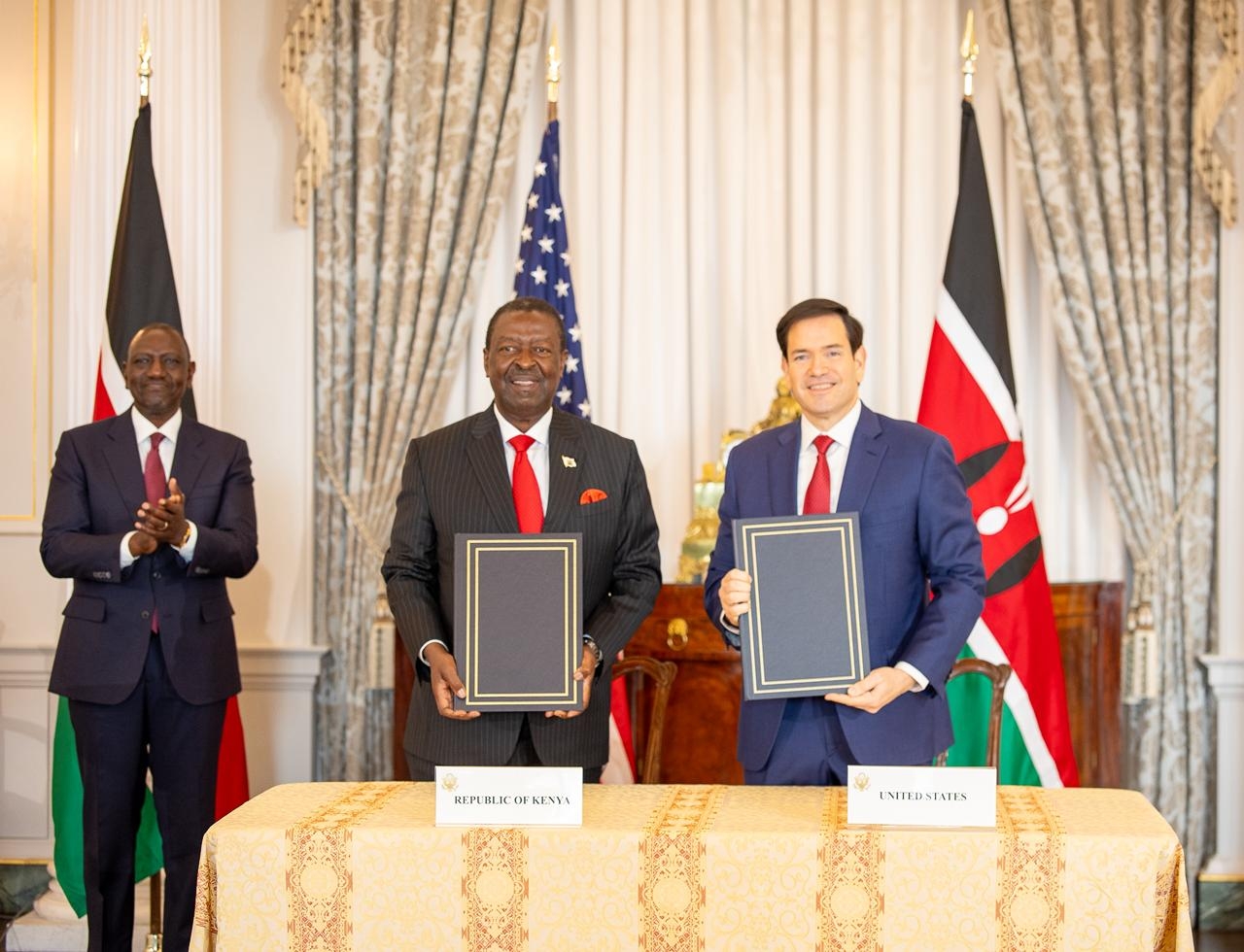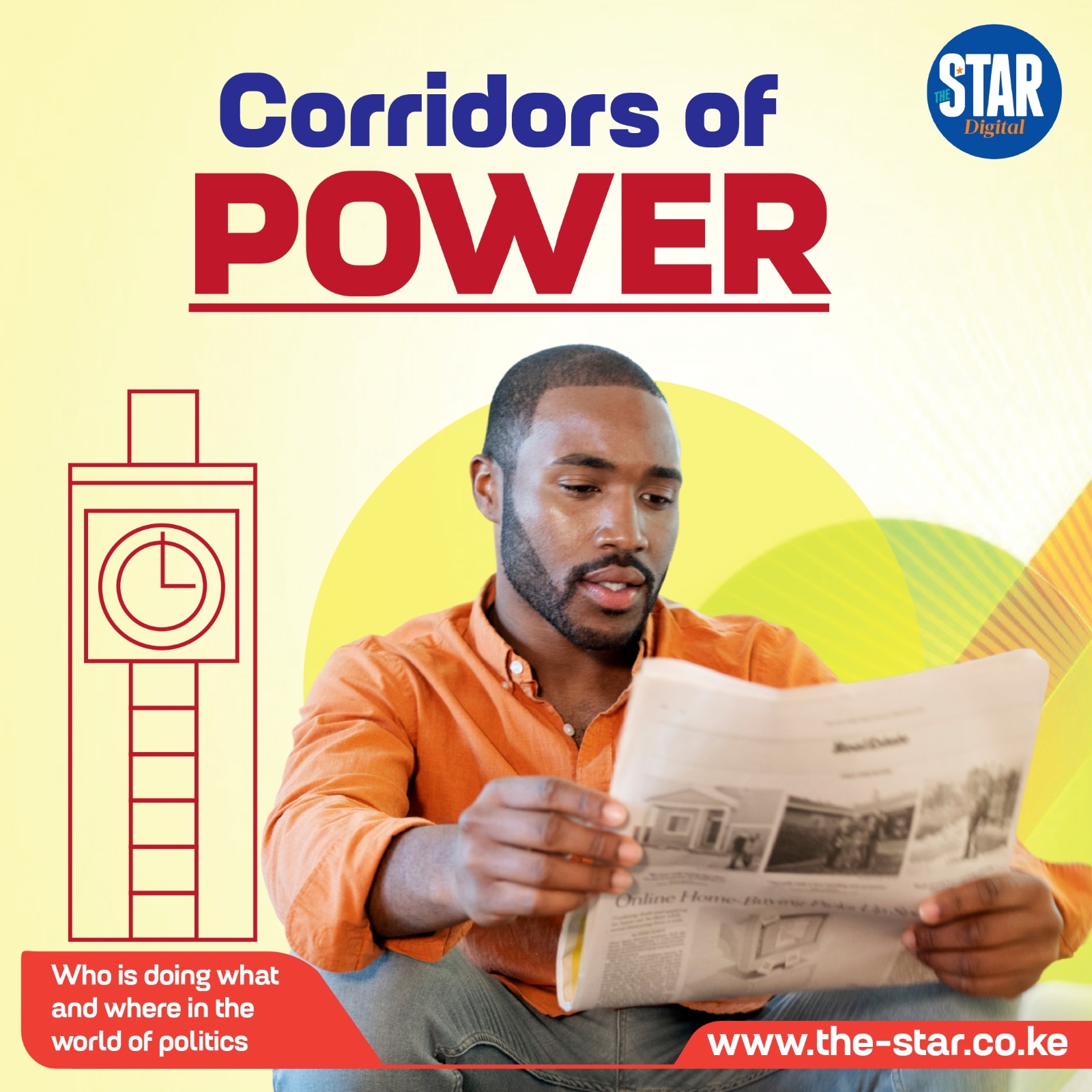In today's fast-paced business environment, competition is fierce. New players and disruptors are entering markets at an unprecedented rate. To remain competitive, effective and relevant, organisations must be agile in adapting their customer experience to differentiate themselves; to meet the ever-evolving customer needs and stay ahead of competitors.
Customers expect seamless, bespoke and convenient experiences. Therefore, organisations must remain agile in customer experience (CX), as expectations and market dynamics evolve. They must quickly adapt and innovate in order to meet changing needs and customer preferences.
Moreover, agile organisations should be generally flexible and segment their customer base, in order to create personalised experiences that resonate with specific groups, leading to higher satisfaction and trust.
For the public sector, sustaining this agility can be critical in making public services more responsive, thereby build trust with citizens. Public trust leads to greater compliance with a wide range of policies; fosters public investments in challenging reforms and programmes, and influences economic performance and well-being.
At Kenya Revenue Authority, we have identified key drivers of CX agility, in a bid to improve tax literacy and build trust and affable relations with the KRA customer. One of such is feedback and voice of the customer programmes.
KRA executes regular voice of the customer surveys to gather feedback from taxpayers; through evaluations, reviews and direct interactions, which provide valuable insights into customer needs and expectations.
This feedback provides KRA with valuable insights into customer needs and expectations, which are then incorporated into decision-making processes that guide service improvements across the organisation.
Establishing a continuous feedback loop with customers enables organisations to quickly identify and address issues, risks and gaps, for continuous improvements, demonstrating commitment to meeting customer needs.
Innovation and technology also play a key role in enhancing CX agility. Automation and data-driven customer feedback upscale convenience, provide valuable insights into customer preferences and reveal pain points for improvement.
For KRA, regular enhancements and update of systems such as iTax, iCMS and iScan stimulate optimisation of customer-facing platforms for enhanced service delivery. The customer relationship management tool has also bolstered service offering through data analytics that reveal customer sentiments for improvement. Consequently, KRA envisages inclusion of chatbots and AI-powered analytics for enhanced service delivery going forward.
Additionally, KRA has adopted customer inclusion in its processes to cater to customers of all backgrounds, abilities and preferences; in the design, delivery and access to services. Installation of access ramps at KRA office premises has enhanced mobility for persons using wheelchairs, mobility scooters and other motion aids at KRA premises.
Sign language interpreters have also been deployed across Tax Service Offices to facilitate taxpayers who are abled differently. Additionally, the KRA website has been customised to enable access by the visually impaired.
When customers feel that their needs and perspectives are valued and understood, they are more likely to trust an organisation and become loyal. By embracing diversity and inclusiveness, KRA has built stronger relationships with its customers and created a more inclusive and accessible customer experience for a broad range of individuals.
Organisations can therefore formulate their key CX agility drivers, based on their business objectives. By focusing on these drivers, organisations can enhance customer service agility and maintain a competitive edge in a rapidly changing business environment.
An agile approach also enables organisations to meet evolving customer expectations, leverage technology effectively and adapt to market dynamics and regulatory changes. It ultimately leads to improved customer satisfaction, loyalty, efficiency and sustainable growth.
Deputy Commissioner, Marketing and Communication Department at Kenya Revenue Authority













